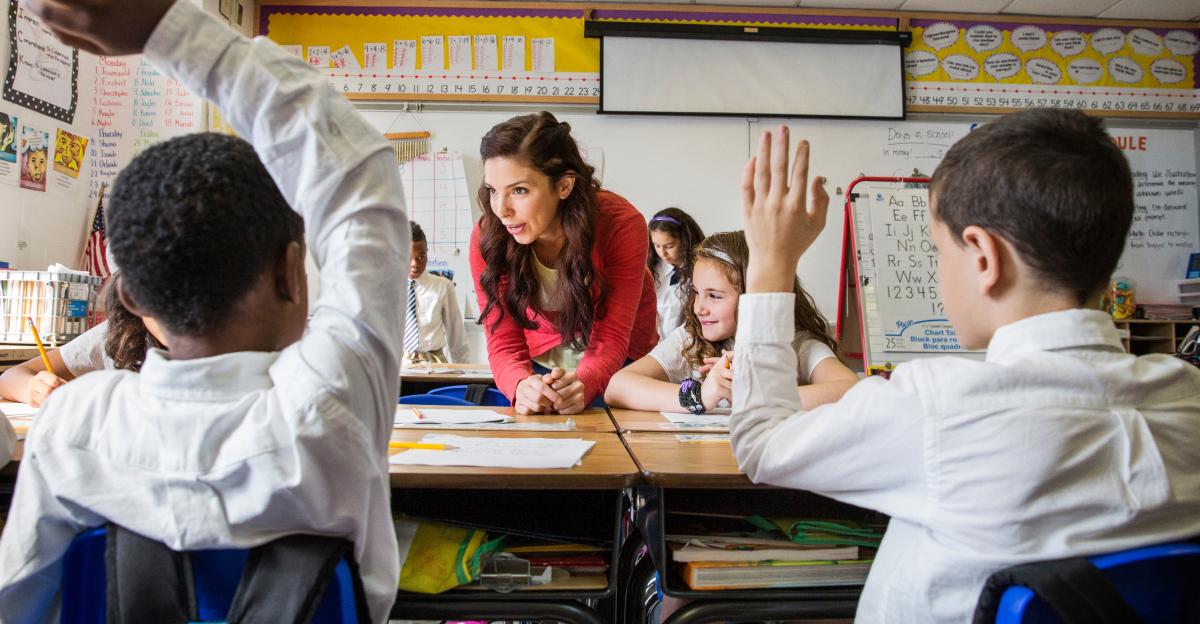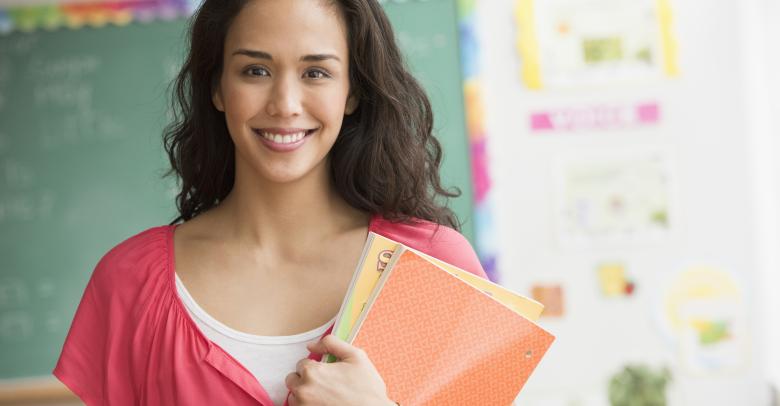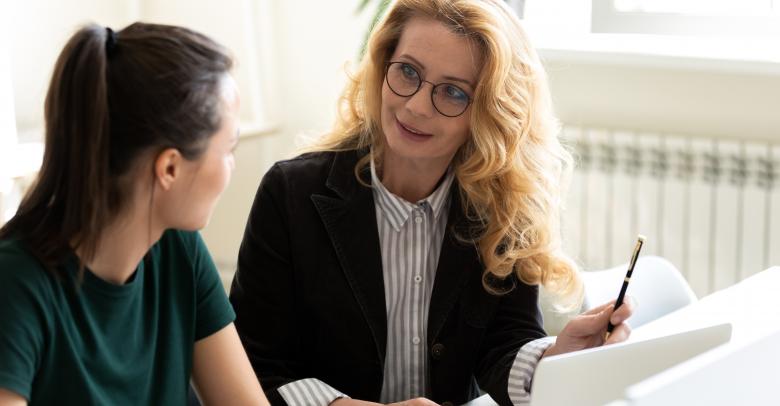The first year of teaching is the longest and shortest year of your life. It’s the best and the worst. It’s the most memorable, but also the one you may want to forget the most. I want to talk about what I learned during my first five years of teaching and how I have grown as an educator and person.
I am a dreamer by nature and have always had movie versions of teaching in my head. In my classroom, kids would be respectful and have fun, and LOVE learning. It would be easy and great. I would be in a good mood every day and my kids would love being in my room.
My first year did NOT go like this. As I continued teaching, it got better every year. But to be very blunt, after my first year of teaching, I seriously contemplated finding a new profession. I had some troubles with unruly students, and one of the worst days was being sworn at. Beyond that, all the paperwork and planning that goes into teaching was a lot harder than I had ever thought. I worked 8 hours a day at school and 3-4 hours almost every night at home. I didn’t quite feel like I was making the best use of my time and energy.
However, while you are trying your best to make a difference, it’s the students that change YOUR life and make it all worth it. At the end of the day, I realized I can do this! And after that, everything got easier. There are a few things that helped me be a better teacher once I discovered them.
1. It gets better
Every year gets easier and easier. I would imagine the first year on any job is tough. So when you feel like throwing in the towel, call up your teacher friends, grab a glass of wine, and exchange stories from the classroom. It will make you feel better realizing we ALL have gone through it, and we made it, so you can too!
2. Be true to yourself
My first year, I was trying to be this rough and tough teacher who made everyone sit quiet during work time and no talking while I’m talking, etc. I learned mighty fast that is not me. It wasn’t fun for me and it didn’t work using a strategy that didn’t feel right to me. I changed my classroom to an almost organized chaos. During work time, students found a comfy place in the classroom with a group or partner while I walked around and joked with, talked to, and helped students. During “lectures,” it became more of a class discussion, with lots of questions and opportunities to veer off into a direction the class was interested in.
This does require an amount of trust between a teacher and students because it can get out of hand fast. However, if the students know the limits of exploration, they eventually will follow suit. It was fun for me as a teacher because I was able to show my true passion for my subject, thus allowing students to get engaged. It also allowed me to relax, be more patient and understand when problems arose. This type of classroom doesn’t work for every teacher, and that’s okay! My husband is a teacher and his classroom looks very different from mine. It works for him and his students do great in his classroom. This is how I discovered that each teacher has to find their own way. When that happens, they can really start to make an impact on their students.
3. Finding work-life balance is a process
I learned that I can’t work 12 hours a day every day. I was burned out after my first year, and if I didn’t have my husband to keep pushing me, I don’t know if I would have stuck with it. I learned to do what I could each day and work from home only sometimes. I needed to find personal time. This is not easy to do, and finding a work-life balance is something I am still working on years later. However, it has been one of my top goals in life. When it’s all said and done, what are the things you will remember? I would certainly imagine it isn’t those Chapter 3 Tests you graded at midnight.
4. Take time to get to know your students
Investing time into caring about them will pay off tenfold. I am a talker, so it wasn’t hard for me to strike up conversations with my students. During those conversations, I made sure to ask questions and also offer up personal information about myself. I feel like it was important for them to learn about my family and my experiences so they could see me as a real person. That openness allowed students to feel comfortable asking for help, and also created a trust to allow them to make mistakes.
In science, it’s so important for students to feel comfortable exploring and trying something new. When I had students who were doing poorly in class, I could feel that I didn’t have a connection with them. Sometimes it’s hard to find a connection, and it may not always be possible. In big schools where a teacher has 150 students in a day, it’s pretty impossible to make a meaningful connection with each of them. However, I truly believe that the relationships I built in the classroom were the key to my success.
Veteran teachers, what are some of the most important lessons you’ve learned throughout your own career?
Author Bio
Jenny Mueller has worked with children for the past seven years in multiple positions. She attended the University of Wisconsin–Stevens Point and then worked as a nanny. She was a substitute teacher before becoming a full-time high school science teacher. For the past 12 years, she has taught high school science in a small district in northern Wisconsin, as well as part-time virtual science classes.






Our stories sound the same but a little different. I have truly found How to deepen my relationship with God along these years. I do listen to my students and no matter how much they try to fight with me, they understand why I really need to get the information to them. I’ve truly come to learn what it means to be a student advocate.